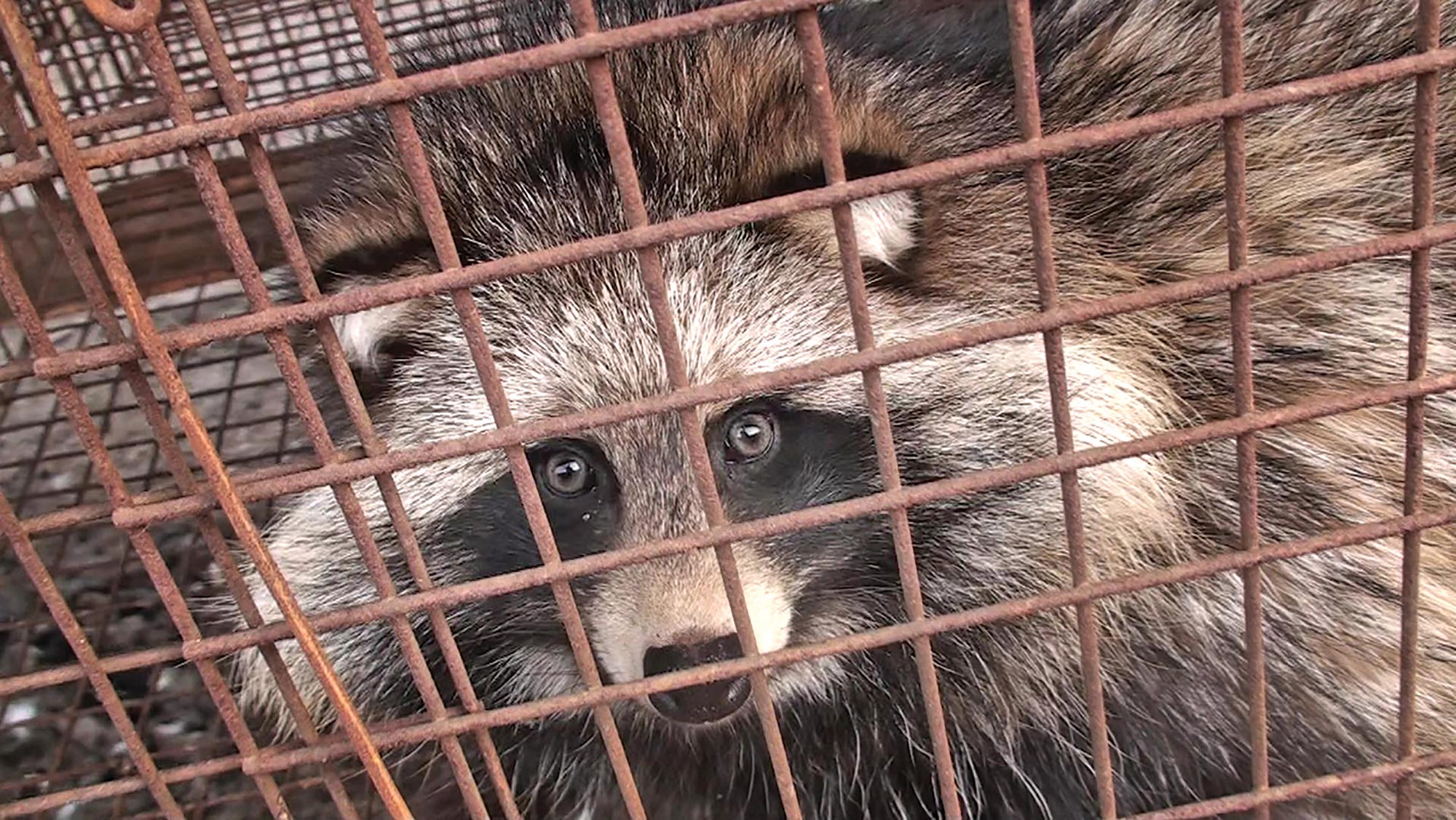
Image Source animalia-life.club
Understanding the Potential Threat: Raccoon Behavior and Natural Instincts
When it comes to encounters between raccoons and dogs, many pet owners find themselves wondering, “Can raccoons kill dogs?” In this article, we delve deep into the behavior and natural instincts of raccoons to uncover the truth about raccoon attacks on dogs.
Raccoons are intelligent and resourceful creatures that may become aggressive if they feel threatened or cornered. While raccoons are typically nocturnal and avoid confrontations whenever possible, they can display defensive behavior and even attack if they perceive a dog or other animal as a threat to themselves or their young.
It’s important to understand that raccoons are generally small to medium-sized mammals, typically weighing between 10 to 30 pounds, while adult dogs can vary greatly in size and breed. The potential danger raccoons pose to dogs depends on several factors, including the size of the dog, the raccoon’s behavior, and the circumstances of the encounter.
Risk Factors and Vulnerable Situations
In assessing the risk factors of raccoon attacks on dogs, certain situations may increase the likelihood of a confrontation. One such instance is when a dog inadvertently intrudes upon a raccoon’s territory, such as when both animals encounter each other near a food source or den.
Similarly, dogs that engage in aggressive behavior towards raccoons or attempt to chase them may trigger defensive responses from these wild animals. This can escalate the situation and potentially lead to an altercation, especially if the raccoon feels its safety or that of its young is threatened.
It’s worth noting that raccoons are excellent climbers and swimmers, capable of escaping up trees or entering water bodies when pursued. However, these escape routes may not always be available, further escalating the risk of a potential attack on a pursuing dog.
Managing the Risk: Steps to Protect Your Dog from Raccoon Encounters
As responsible pet owners, it’s crucial to take proactive measures to minimize the risk of raccoon attacks on dogs. Here are some steps you can take to protect your furry companion:
- Keep trash cans securely sealed: Raccoons are attracted to food sources, and accessible trash cans can invite them into residential areas.
- Secure your yard: Install sturdy fencing around your yard to deter raccoons from entering and potentially encountering your dog.
- Supervise outdoor activities: When letting your dog out into the yard, ensure they are under supervision, especially during nighttime hours.
- Avoid leaving pet food outside: Leaving food outside can attract raccoons, increasing the chances of encounters with your dog.
- Leash your dog during walks: Keeping your dog on a leash while walking in areas known to have raccoon populations can prevent potential confrontations.
What to Do in the Event of a Raccoon Attack on Your Dog
If you find yourself in the unfortunate situation of a raccoon attacking your dog, it’s crucial to prioritize safety while seeking immediate veterinary care. Here’s what you should do:
1. Secure your own safety first:
Before attempting to intervene, ensure that you are out of harm’s way. Raccoons may become more aggressive when they feel threatened, so it’s essential to prioritize your safety.
2. Call for professional help:
Contact your local animal control or wildlife management service for assistance. Trained professionals have the expertise and experience to handle raccoon encounters safely and humanely.
3. Assess and document injuries:
While waiting for professional help, assess the severity of your dog’s injuries. Take pictures or videos if possible, as they can be valuable for vet examinations and insurance claims.
4. Seek immediate veterinary care:
Even if the injuries appear minor, it’s crucial to have your dog examined by a veterinarian. Raccoons can transmit diseases and parasites, and prompt medical attention is essential to ensure your dog’s well-being.
Conclusion
In conclusion, while raccoon attacks on dogs are relatively rare, they can occur under certain circumstances. Understanding raccoon behavior, taking preventive measures, and knowing what to do in case of an encounter are essential for ensuring the safety and well-being of both your dog and the raccoons themselves.
By implementing the suggested protective measures and promptly seeking professional assistance when needed, you can minimize the risk of raccoon attacks and provide a safe environment for your beloved four-legged friend.